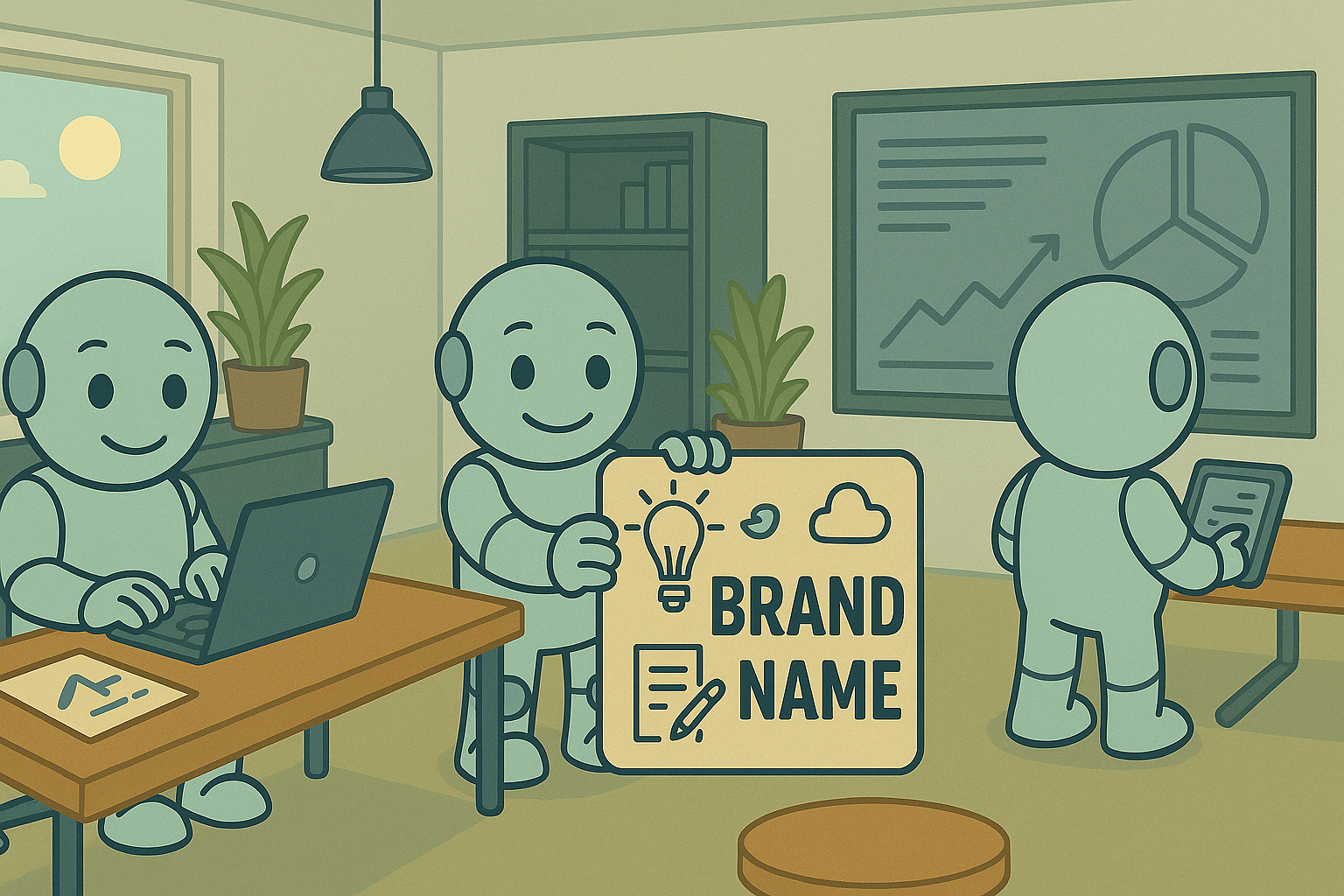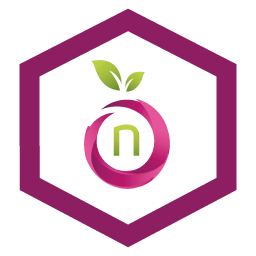The Power of Naming: When Brand Names Become Generic
What happens when your brand name becomes so popular that it turns into a generic term? This phenomenon, known as a generic trademark, reflects both the success and the risk of your branding strategy. Understanding how brand names evolve into generic terms is essential for brand name creation and long-term brand protection.
What Are Generic Trademarks?
According to Wikipedia, a generic trademark - also known as a genericized trademark or proprietary eponym - is a brand name that becomes the standard term for a category of products or services. This often happens unintentionally due to widespread use and cultural relevance.
In linguistics, these names are referred to as deonyms. The term comes from the Greek for "god" and "name". Deonyms include not only brand names but also general words like the German verb "röntgen" (to x-ray), derived from Wilhelm Röntgen, the discoverer of the X-rays.
Examples: When Brand Names Become Generic

Several brand names have become everyday terms. In Germany, people use:
- "Tempo" for tissue
- "Tesa" for adhesive tape
- "Labello" for lip balm
- "Walkman", "Vaseline", "Tupperware", "Vespa", and "Bobby-Car" as general product names
Some brand names even evolve into verbs, which is powerful for recognition but risky from a legal standpoint. Examples include:
- "googling" something
- "föhnen" (to blow-dry)
- "kärchern" (to pressure-clean)
- "einwecken" (to preserve)
Why You Should Avoid Generic Trademarks
Although having your brand become the default term may seem like a win, it can actually damage your brand:
- Brand dilution: Your product name loses its unique identity. For example, if everyone refers to any dictionary as "Duden", the actual brand becomes indistinguishable.
- Loss of trademark protection: Authorities may revoke your rights. In 2008, the German Federal Patent Court ruled that "Post" could not be protected, as it was too generic. Although this was later reversed, it shows the legal risks involved.
Major brands like Google are vigilant about their trademark use. The verb "to google" is carefully defined in dictionaries as "to search the internet with Google", preserving its brand association.
Naming Strategies to Prevent Generic Use
If you're developing a brand, follow these naming strategies to protect it from becoming generic:
- Create a unique and creative name that doesn’t just describe your product.
- Use trademark symbols (™ or ®) consistently across channels.
- Educate customers and media on proper usage of your brand name.
- Don’t use your brand name as a verb or noun in your own messaging.
- Monitor how your brand appears in dictionaries and publications.
How to Create a Successful Brand Name
A strong brand name is memorable, unique, and legally protected. If you’re just getting started, this is the ideal time to focus on brand name creation. Tools like our brand name generator help make this process easier and more creative.
Want more guidance? Check out our in-depth guide on brand name creation to learn how to develop a successful brand name.
Legal Risks of Losing Trademark Protection
When a brand becomes generic, serious consequences can follow. A key example is Deutsche Post AG. In 2008, the Federal Patent Court stated that the word "Post" had become too generic, referring broadly to any service that sends letters or parcels. (source) Even though the ruling was overturned later, the damage in public perception and the cost of legal disputes can be significant.
Google offers another clear case. In 2006, the company ensured that the Duden dictionary entry for "googeln" was changed to "search the internet with Google" instead of just "search the internet". This small change helped preserve their brand from becoming generic. For more legal guidance, see our article on trademark law.
Conclusion: The Power - and Risk - of Brand Naming
Creating a strong brand name is one of the most important early steps in building a successful company. While becoming a household name is a dream for many, the transition from brand name to generic name can have legal and branding consequences. Stay vigilant, educate your users, and implement the right strategies from the beginning.
And don't worry: If you are still in the early stages of your business, the risk is low. Focus on developing a brand name that stands out. Try our cool brand name generator to get started.














